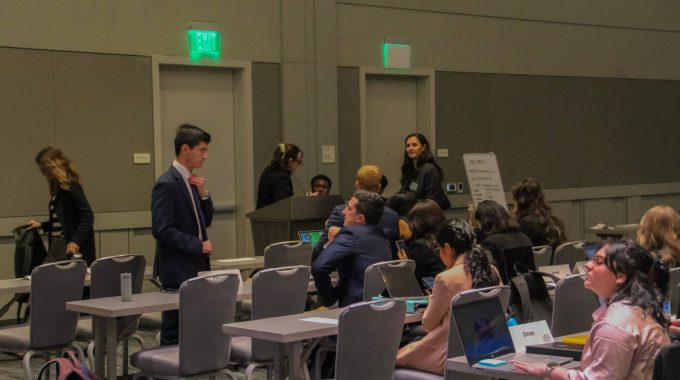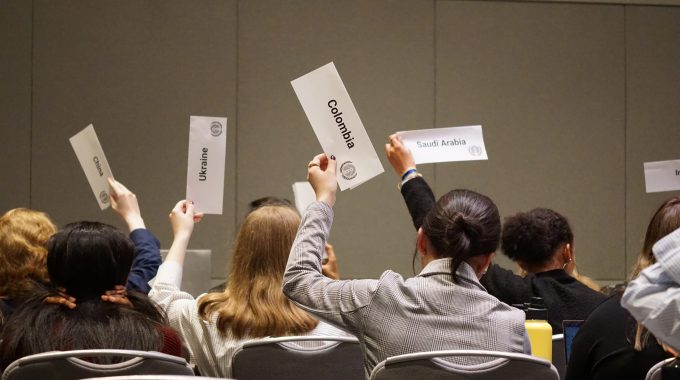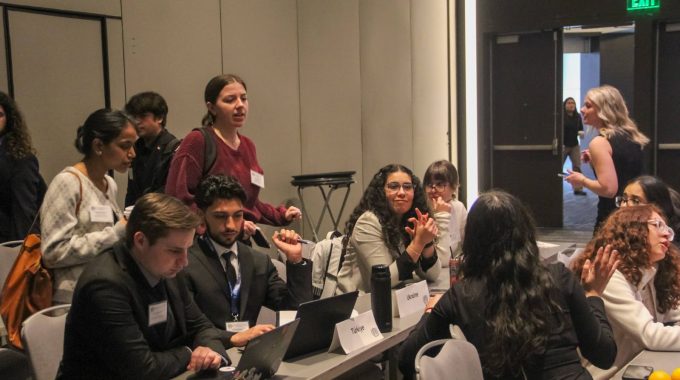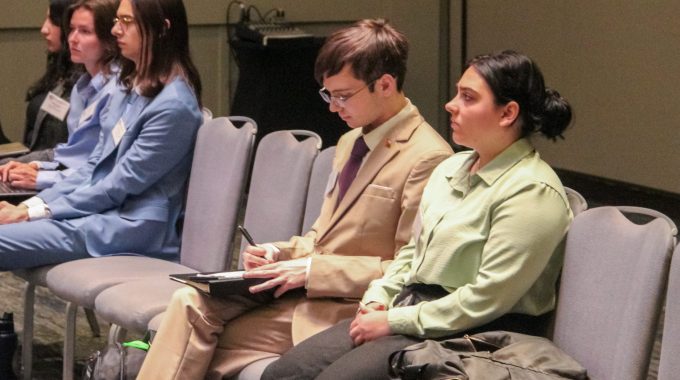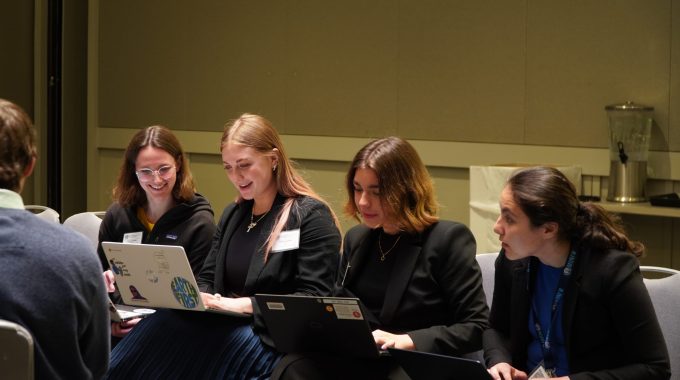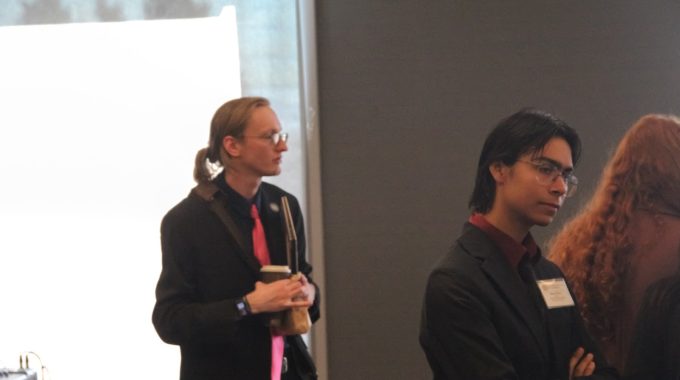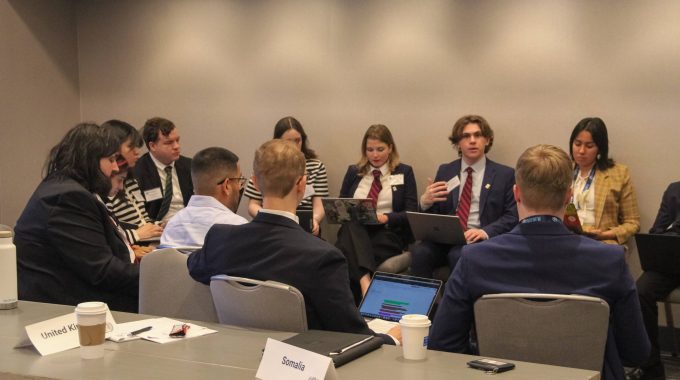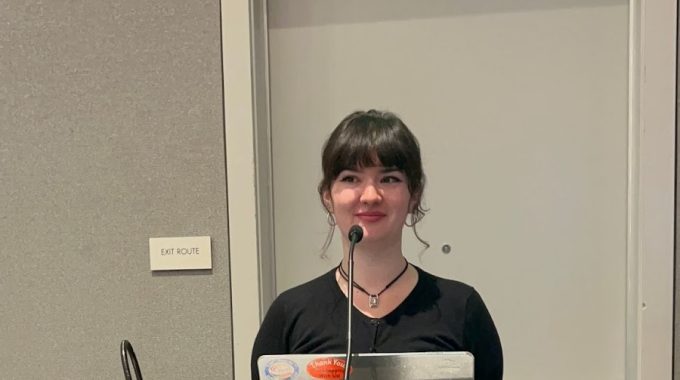Debate Sparks Tensions Over Mineral Access and Equity
The UNEA committee opened with intense discussion on the topic of “Ensuring Access and Sustainable Use of Critical Minerals.” Delegates engaged in a robust debate over the ethical implications and geopolitical realities of resource extraction, particularly as it relates to copper, lithium, nickel, and cobalt—materials critical to the production of modern technologies such as smartphones, laptops, and electric vehicles.
A key moment in the moderated caucus came when Rwanda addressed the United States directly, arguing that the current trade relationship is marked by a significant deficit and ongoing resource exploitation. Rwanda urged fellow developing nations to prioritize regional collaboration over reliance on first world economies, emphasizing the importance of African nations supporting one another to resist extractive trade dynamics. The delegation referenced Burundi as another example of resource exploitation by wealthier nations.
In response, Romania took a firm stance in defense of developed nations, stating, “Developing countries need economic support and shouldn’t be trusted to rely on themselves for support because of numerous civil conflicts in African sectors.” Guatemala countered with a vision for increased South-South cooperation, asserting that economic interdependence within Africa could present a viable alternative to traditional dependency models.
Mongolia expressed solidarity with Rwanda’s broader concerns but criticized the approach taken. “Rwanda has every right to feel exploited,” the delegation stated, “but made their state and other developing states look bad by name-dropping the United States during a moderated caucus.” The intervention was described as potentially counterproductive, as it introduced unnecessary tension into an already sensitive discussion.
As the debate continues, the question remains whether global cooperation on mineral access can be achieved without exacerbating existing power imbalances—especially between nations at differing stages of economic development.
Ian Born
Uzbekistan World Press Reporter
Cal Maritime University

